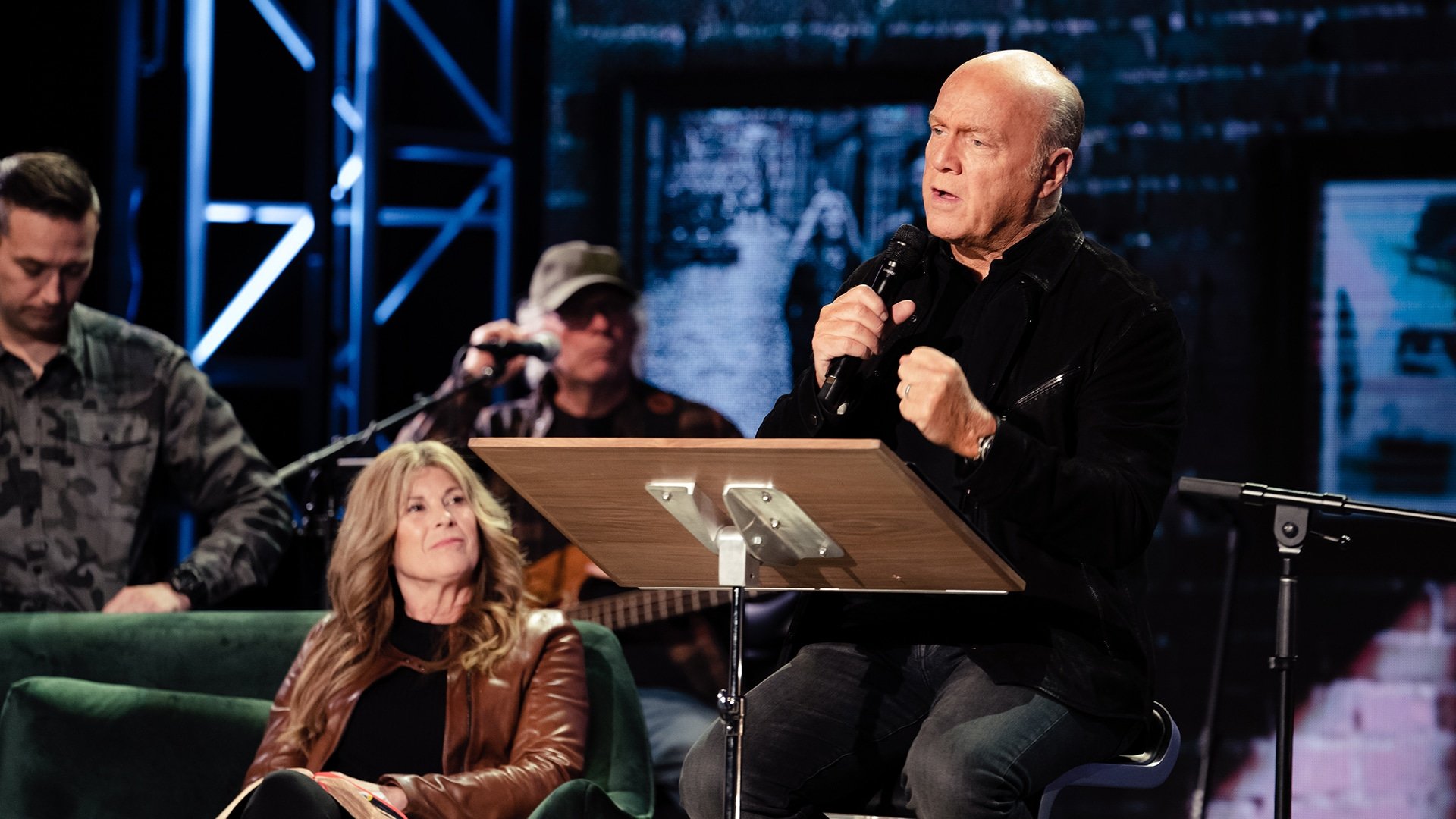Deceiving Ourselves
Some people think they don’t need forgiveness all that often. Yet Jesus taught us to pray, “And forgive us our sins, for we also forgive everyone who is indebted to us . . .” (Luke 11:4). In other words, Forgive us our shortcomings . . . our trespasses . . . what we owe to you . . . the wrong we have done.
If you want to see your prayers answered in the affirmative, then you must confess your personal sin. But sometimes we are not always conscious of the sins we commit, and there are different ways that sin can be defined. Sin is not merely breaking one of God’s laws, however. Sin is also falling short of a mark. The Bible tells us, “For whatever is not from faith is sin” (Romans 14:23). So if I do something without the certainty it has the blessing of God, it can be sin. There are also sins of omission: “To him who knows to do good and does not do it, to him it is sin” (James 4:17).
Have you ever noticed that when you wear white, you seem to get your clothes dirty a little faster? In reality, I think that stains and dirt are just more noticeable against a white background. That is what happens when we come into the presence of God. As we see Him for who He is, we see ourselves for who we are.
So whether we think we need it, we still need to pray, “Forgive me my sins, . . .” because the Bible says, “If we say that we have no sin, we deceive ourselves, and the truth is not in us” (1 John 1:8). The more you have grown spiritually, the more aware you will become of your own sin.
Share this today:

Did you pray with Pastor Greg?
To help you get started, we would love to send you a free Bible and other resources to help you grow in your faith.
Get Resources
In thanks for your gift . . .
King David was a shepherd, a warrior, a king—and a man after God’s own heart. Official devotional companion to the Prime Video Original Series House of David, a new devotional from Pastor Greg Laurie dives deep into David’s life, the psalms he wrote, and the lessons we can learn from his triumphs and struggles. Grow in your walk with God as you explore the extraordinary life of David. Get your copy today with your gift to Harvest Ministries.
Make Your Gift




